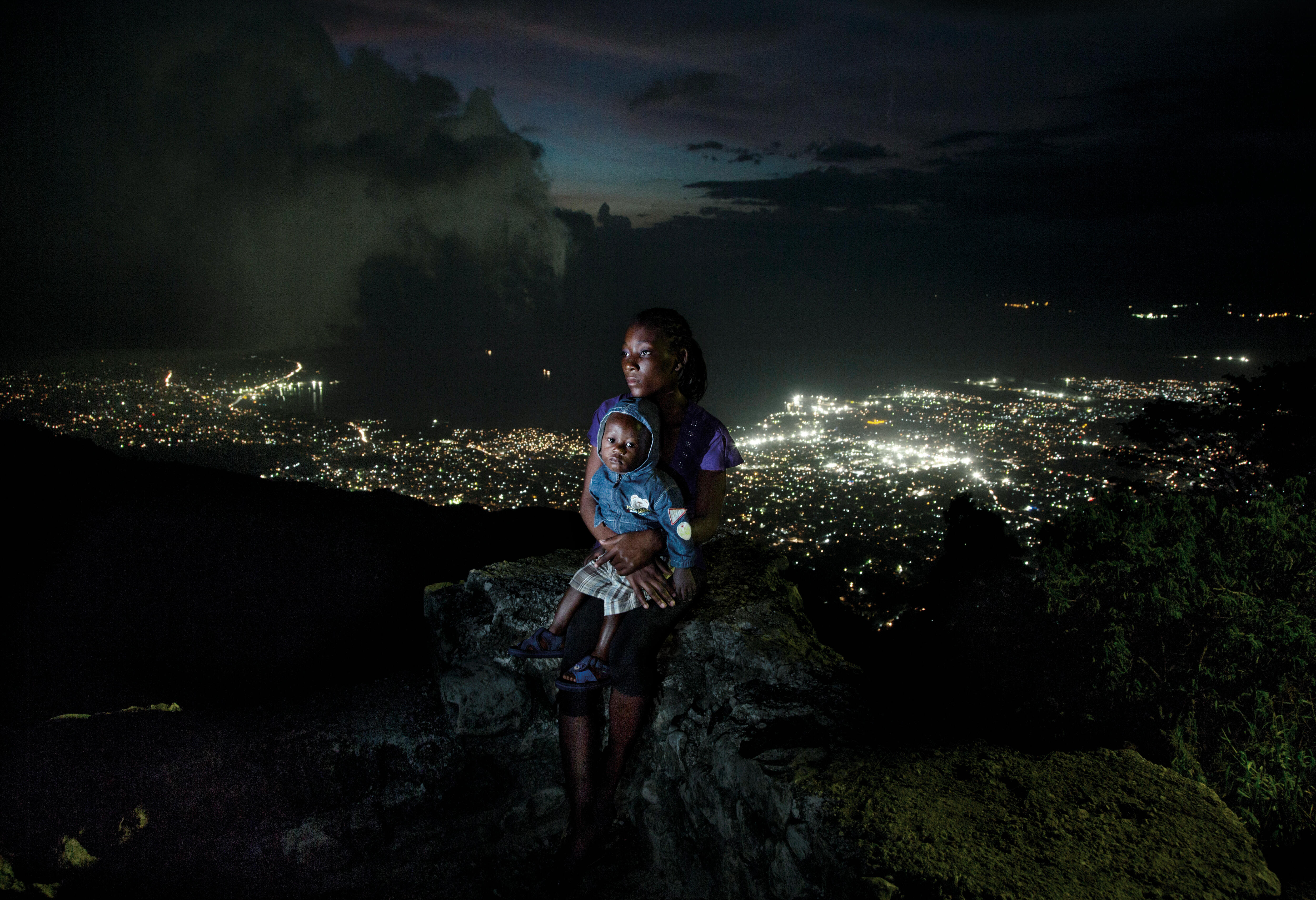By Nikolai Botev*
Our world is increasingly unequal.
While the economic gap between countries is generally narrowing, the gap is growing within many developing countries, threatening to destabilize societies and undermine development.
Inequality today is not only about wealth or income. It has many other dimensions that either reinforce or are reinforced by economic inequality. One dimension that has received little or no attention is the inequality in women’s reproductive health and rights.
In crises and humanitarian settings like Somalia, women’s needs increase, but services available often decrease, especially in the poorest communities. Investment in improving access to appropriate quality reproductive health care is crucial in bridging the inequalities in maternal survival and reproductive health.
In almost every developing country, women in the poorest 20 per cent of households have the least access to basic reproductive health services, including contraception. Without this fundamental means to control her body, a woman is at risk of undermining her health as a result of frequent unintended pregnancies. In developing countries, there are 89 million unintended pregnancies every year among women and adolescent girls, many younger than age 15.
For an adolescent girl, an unintended pregnancy usually means curtailed education, denying her the skills and knowledge she needs to one day enter the paid labour force and become financially self-sufficient.
For a woman, too, an unintended pregnancy may exclude her from the paid labour force or result in her losing her job if she already has one.
With so much economic potential unrealized, households, communities and whole nations pay a price. Economies are stifled, and efforts to eliminate poverty, as envisioned in the United Nations Sustainable Development Goals, are thwarted.
Other aspects of reproductive health also impinge on individual capacities with repercussions for whole economies. When a woman becomes pregnant, but has no access to quality antenatal care or has to deliver, without the help of a qualified midwife, her health, as well as that of her newborn, is at risk. Maternal deaths now number more than 300,000 a year in developing countries.
The new State of World Population report by UNFPA, the United Nations Population Fund, launched on 17 October 2017, makes a compelling case for investing in the health and rights of the poorest women and adolescent girls as one way to unlock a country’s economic potential and rectify worsening inequalities.
Tearing down the economic, geographic, institutional and social obstacles that prevent hundreds of millions of poor women from enjoying their reproductive rights promises not only to improve the lives and raise the incomes of individuals, it also helps set a foundation for more equitable, inclusive societies.
Women who have the power to govern their own bodies and futures are women who may fully engage in the economic and civic affairs of their communities, benefiting all.
Tackling inequalities in reproductive health, reaching the furthest behind first, is a good place to begin.
It is unacceptable that 1 in 22 Somali mothers die of pregnancy related causes; that unintended pregnancies overwhelm the resources of the poorest families in a country devastated by conflict and ongoing drought; that young people watch their futures drain away because early marriage ends their education. It doesn’t have to be this way.
Countries like Somalia need to create the conditions necessary for improvement in birth spacing, stimulate job creation, promote trade diversification, attract capital, expand and educate its workforce, and empower its female population.
*Nikolai Botev is UNFPA’s Representative for Somalia
************
For more information, please contact:
Ms. Pilirani Semu-Banda, Communications Specialist, UNFPA Somalia, Tel: +254 734500439; Email: semu-banda@unfpa.org


